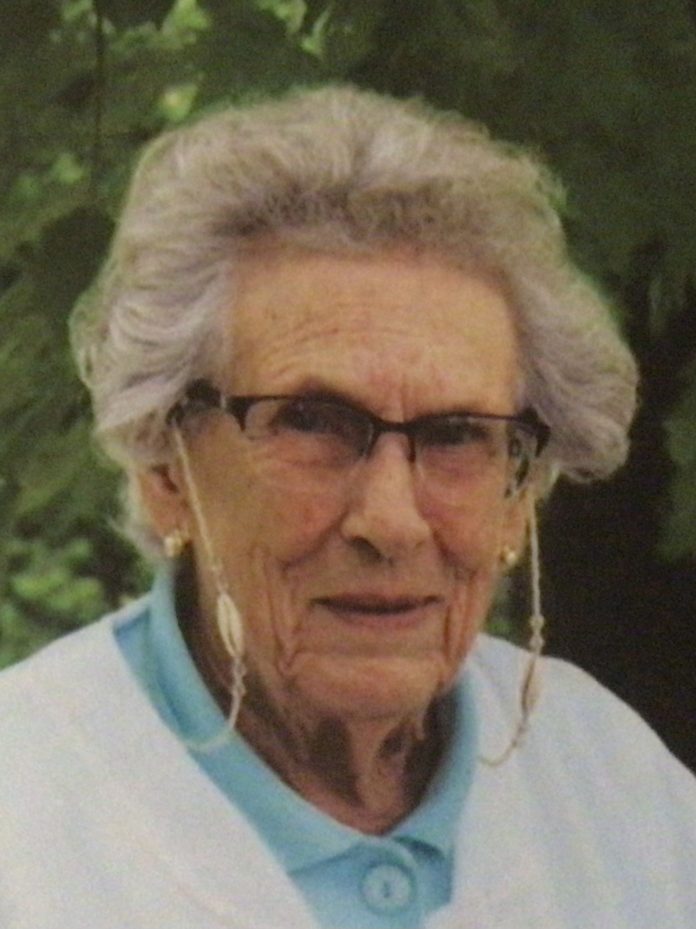1990 Manitoulin Agreement has not yet been proclaimed despite passage of 30 years
To the Expositor:
The United Chiefs and Councils of Mnidoo Mnising (UCCMM) writes in response to Michael Erskine’s front page article of August 17, 2022, ‘A look at the differences between Crown land and shoreline road allowances.’
Unfortunately, this article leaves the misleading impression that the 1990 Agreement has been completed. It also omits to report on a key fact, about the commitments made to our First Nations about shoreline road allowances remaining open for fishing purposes and public access in 1990. Our First Nations did not agree that the shorelines would ever become privatized or made inaccessible. Those commitments need to continue to be honoured.
Mr. Erskine begins by stating that “since the 1990 Manitoulin Land Agreement (shoreline road allowances) are considered municipal property.” What is not said, however, is that although the assumption by the municipalities of control over these allowances has happened, the 1990 Manitoulin Land Agreement has not yet been implemented in favour of our First Nations even after 30 years! Our First Nations still have not received any of the off-reserve properties we were supposed to receive as part of that agreement. Canada refuses to add to our reserves any of the properties we bought with 1990 money, citing technical legal reasons that don’t make sense, although we desperately need this land for housing and economic development purposes.
Ontario’s government passed legislation in 1997 under Premier Harris that took away the tax exemption for lands held in trust for First Nations off reserve and discriminated against our First Nations when it did so, substantially reducing the value of the 1990 Agreement to us. We still have not resolved what to do about this. Despite all of this, municipalities behave as though they have a clear and straightforward right to treat the shoreline road allowances as municipal property.
Mr. Erskine should also have reported that the commitment to keep shoreline reservations and road allowances in the public domain is a commitment made to our First Nations. When the 1990 Agreement was signed, the province of Ontario made a strong commitment to the First Nations to keep shoreline road allowances in the public domain. Minister Bud Wildman, the minister responsible for Native Affairs, committed to the First Nations on December 5, 1990, that in respect of shoreline reservations and road allowances on the shores of Manitoulin, Cockburn and Barrie Islands located within organized municipalities, it would “strongly recommend and advise such organized municipalities to reserve the right of access for all vessels, boats and persons together with the right to use so much of the banks thereof not exceeding one chain in depth from the highwater mark as may be necessary for fishery or public purposes.” We would not have signed the 1990 Agreement had Ontario not made this strong commitment and we continue to hold Ontario to their agreement.
As well, it should not be forgotten that in the early 1990s, the municipalities on Manitoulin Island passed a resolution to retain shore road allowances under their jurisdiction in the public domain.
Ontario honoured its agreement with us when, in 2005, the minister responsible for Native Affairs at that time, Michael Bryant, wrote to the council of NEMI which was intending to sell shoreline reservations and road allowances. Ontario strongly reminded NEMI’s mayor and council of Ontario’s recommendation to the municipalities not to alienate these reservations and road allowances, and of the earlier resolution passed by the municipalities. Fortunately, NEMI did not proceed to sell shoreline road allowances at that time.
Sincerely,
Chief Patsy Corbiere
United Chiefs and Councils of Mnidoo Mnising Tribal Chair




